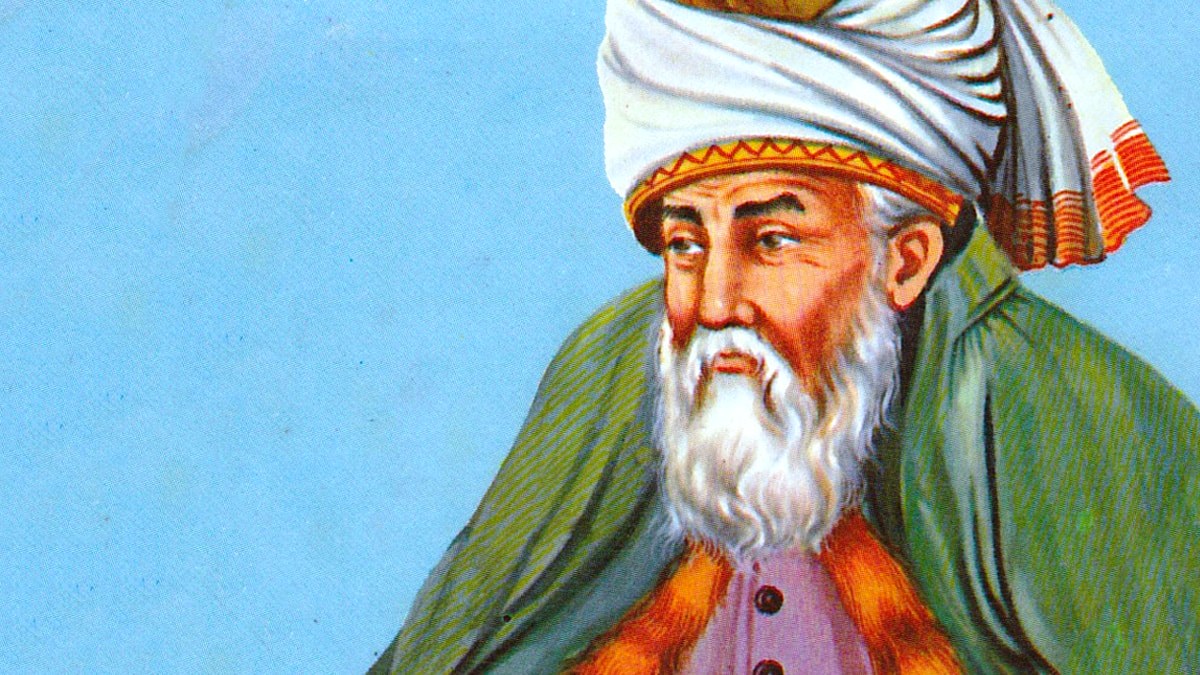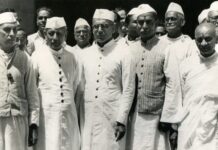After migrating from Kashmir in the early 1990s as a child, Kashmiri Pandit writer and actor, Manav Kaul came on a home visit and it became the plot for his novel that Penguin Random House published early this year. Muhammad Nadeem read the Rooh for a review
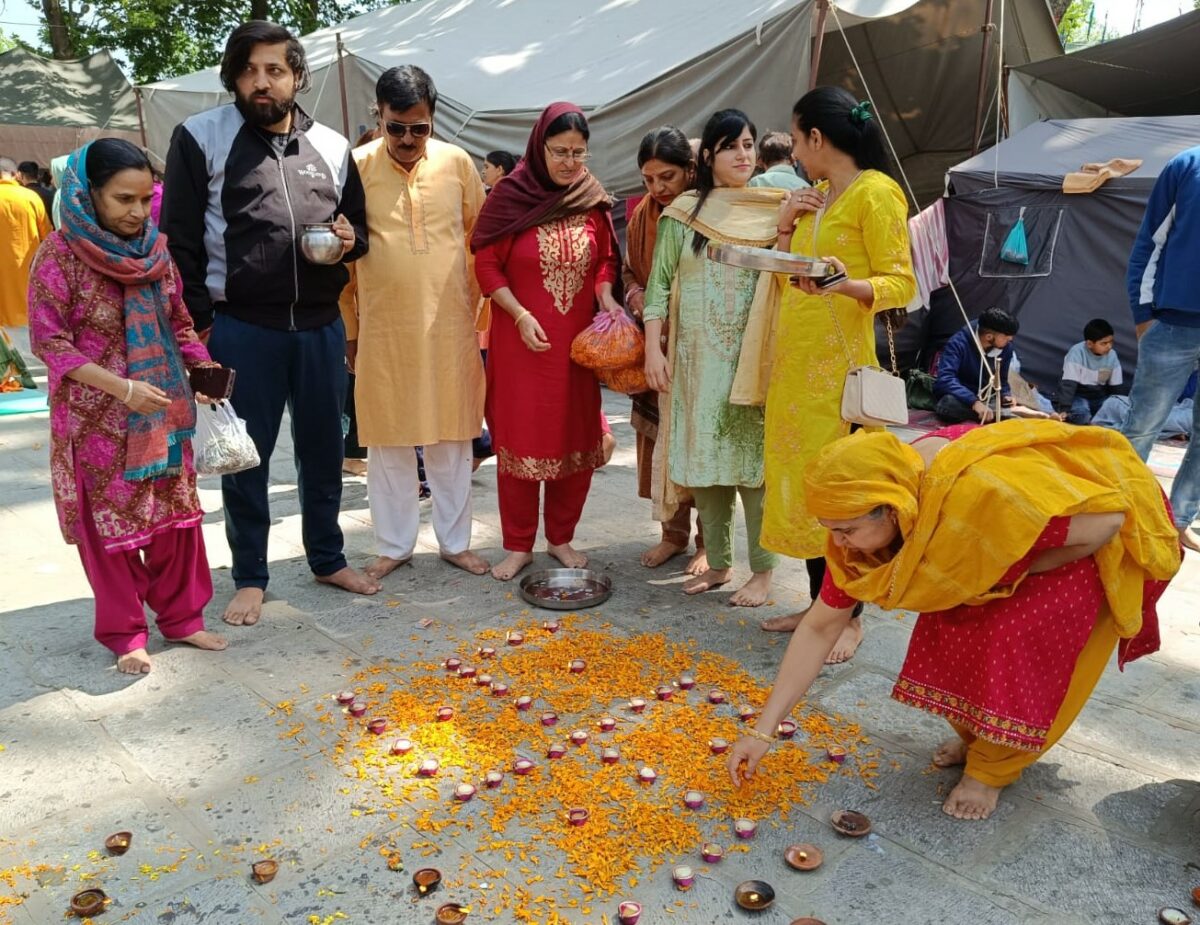
Actor-writer Manav Kaul’s novel Rooh chronicles his personal journey back to his birthplace of Kashmir years after migration in the early 1990s. He was a child when migration took place. Translated from Hindi into English by Pooja Priyamvada, the introspective memoir cum novel grapples with notions of home, identity, and belonging from the perspective of a Kashmiri Pandit. While Kaul’s lyrical prose vividly evokes the sights and smells of Kashmir, his subjective viewpoint sometimes lacks nuance and objectivity.
The book toggles between past and present as Kaul revisits his childhood neighbourhood in Baramulla’s Khawaja Bagh. Interwoven with memories are accounts of the people he meets and places he visits on this ‘homecoming’ journey. Kaul reflects extensively on the pain of uprootedness experienced by Kashmiri Pandits like his family.
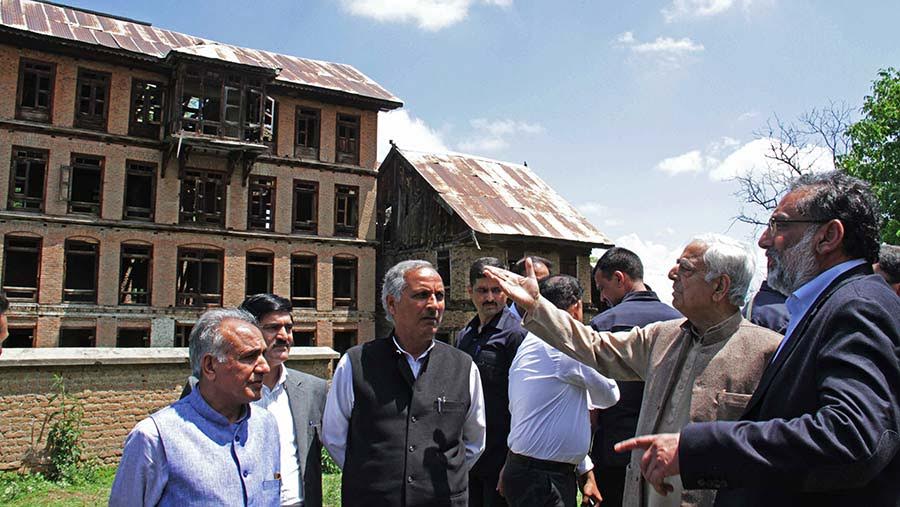
Kaul embarks on a journey to fathom the fractures within his bond with his homeland. His ambition is to bridge the abyss between the idyllic, almost mythical Kashmir of his youth and the strife-torn landscape it has evolved into.
One encounters a plethora of poetic contemplations on the concept of homeland. Invariably, the refugee carries their uprooted roots within their heart. For Kaul, Kashmir is enshrined deep in his soul, despite his decades-long sojourn in various corners of the world. His recollections of an almost-Edenic Kashmir starkly contrast with its current reality.
Rooh and Roohani
The protagonist meets Roohani, a tourist, during his travels, and they form a close bond. Roohani offers an outside perspective on the Kashmiri conflict, contrasting with the protagonist’s intimate connection. Their friendship highlights the narrator’s complex inner journey.
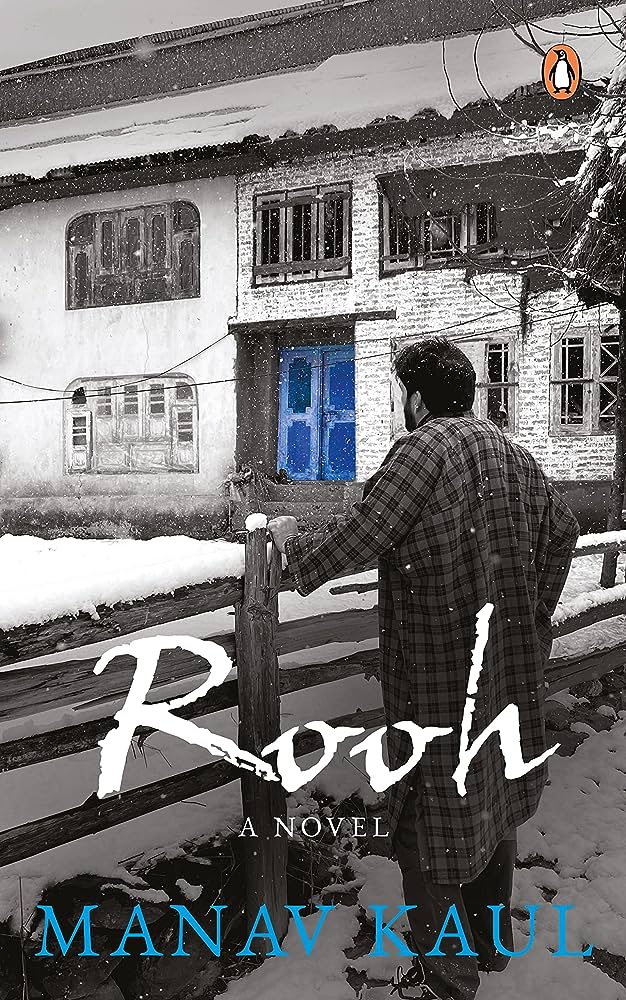
As a Pandit raised outside Kashmir, Kaul grapples perennially with questions of identity: Where does his true allegiance lie? He reflects upon his childhood attempts to conceal his Kashmiri heritage, stating, “Wherever I encountered dirt, dust, and mud, I would instinctively embrace it.” Rooh serves as Kaul’s odyssey to rediscover his origins, even in the face of severed connections.
The novel is imbued with an overarching sense of absence. Despite this loss, Kaul’s contemplations about Kashmir remain affectionate, nuanced, and apolitical. He chooses to spotlight the humanity and benevolence of the Kashmiris he encounters, eschewing the impulse to lay blame upon them for the Pandits’ diaspora. Their hospitality and warmth offer a glimpse of the possibility of reconciliation, even amidst seemingly insurmountable struggle. Through this judicious even-handedness, Kaul crafts a more comprehensive and intricate portrayal of a locale frequently reduced to mere clichés in media narratives.
Missing Other side
Kaul, however, fails to provide adequate historical or political context about the complexity of Kashmir and the exodus of the minority community. Readers unfamiliar with this history may struggle to understand the gravitas of Kaul’s personal trauma against the backdrop of larger sociopolitical upheavals. While offering a poetic perspective, his abstract reflections on concepts of homeland do not directly address the complicated dynamics in Kashmir that triggered the displacements.
The memoir might have benefited from a more balanced perspective that juxtaposed Kaul’s own loss against the suffering of the majority population in the heavily militarised space. The author does showcase several positive interactions with ordinary Kashmiri Muslims like shopkeeper Shabeer and houseboat worker Bashir or the driver Mushtaq. However, we get no real insight into their lives and viewpoints beyond brief snapshots. They remain pleasant but underdeveloped characters.
Impressive Style
Stylistically, Kaul writes in a poetic, stream-of-consciousness style replete with nostalgic sensory details about Kashmir – saffron, Wazwaan, rice, noon chai, and chinar leaves. However, the intense lyricism comes at the cost of plot and narrative momentum. Very little actually ‘happens’ in the book. Kaul’s present-day experiences consist of rather mundane encounters and conversations. For large swathes, he simply wanders Kashmir’s countryside lost in childhood remembrances and ruminations on home and exile.
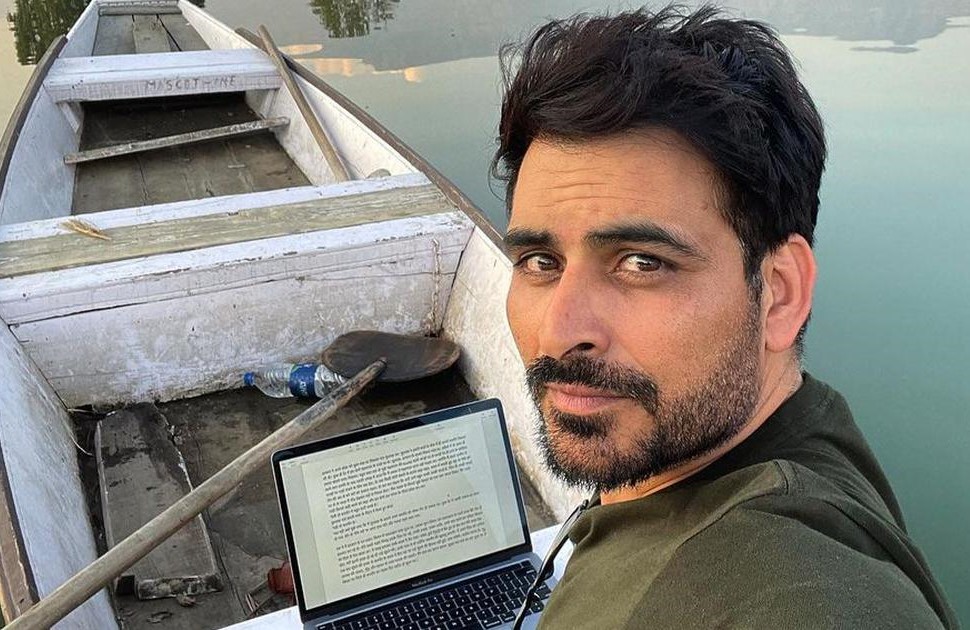
While vividly etched, these reflections become repetitive after a while when not anchored to significant external events or actions. The few glimpses we get of his exchanges with his ailing father who initially stayed back in Kashmir are among the most poignant passages. Unfortunately, however, these remain brief interludes amidst lengthy inner monologues. Greater dynamism in the present-day timeline might have better balanced the languorous recollections.
Nonetheless, Kaul strikes a delicate balance – neither romanticising Kashmir nor reducing it to a political football. Rooh signals the emergence of more nuanced fictional depictions of Kashmir’s pain by its own people. It is a valuable addition to the woefully sparse literature on the human costs of Kashmir’s ongoing tragedy. In the words of the celebrated German writer Günter Grass, “Homeland is something one becomes aware of only through its loss”.
Manav Kaul’s Rooh will resonate with readers familiar with contemporary Kashmir’s and the specific pathos of the displaced Pandits. His lyrical writing vividly conjures up Kashmir’s landscapes and essence.



